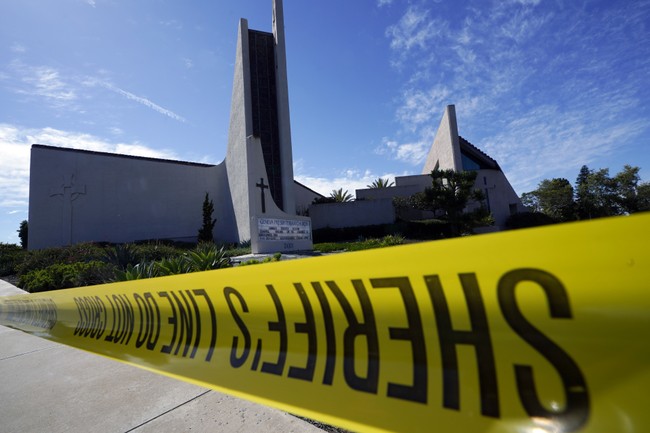Numerous individuals have been circulating claims that the Senate is contemplating a bill that would render church security illegal. These assertions have sparked a flurry of tweets questioning the constitutionality of such a move. However, delving into the matter reveals a more nuanced reality.
The bill being discussed doesn’t explicitly target church security but rather proposes measures that could inadvertently outlaw various forms of private security, including those commonly employed by churches. It’s akin to a workplace dictating a dress code policy that inadvertently affects individuals with religious headwear requirements.
🚨BREAKING🚨Senate Democrats Are Now Pushing New Bill That Prevents Churches From Having Armed Security
Comment below with your thoughts. pic.twitter.com/Y8g7kdXsxi
— FOX NIIGHT (@FOXNIIGHTGALAXY) February 16, 2024
At the heart of the issue lies the text of the proposed bill, which introduces a new section, 18 U.S.C. § 2741. This section prohibits certain actions conducted by individuals acting as part of or on behalf of private paramilitary organizations while armed with specific weapons.
However, the definition of “private paramilitary organization” is where things take a peculiar turn. Merely three individuals forming a group with a hierarchical structure could fall under this definition.
While the bill includes exceptions, such as for authorized organizations under federal or state law, the ambiguity surrounding terms like “paramilitary activity” versus “security services” raises concerns. Additionally, the exclusion of law enforcement agencies from one exception raises questions about its potential unintended consequences.
Critics argue that such legislation encroaches on the right to form militias and infringes on the right to self-defense. While some provisions may seem to align with Second Amendment rights, the broader implications raise constitutional concerns, particularly regarding the First Amendment’s right of assembly and the Fifth Amendment’s due process clause.
While the bill’s proponents may argue it addresses public safety concerns, critics contend that it could disproportionately impact certain communities, including churches. The recent attempted mass shooting at Joel Osteen’s church underscores the perceived need for security in religious institutions, especially considering the historical vulnerability of black churches to attacks.
The controversy surrounding the bill initially surfaced through detailed analysis from sources like Protestia, a Christian news site. This led to widespread outrage and speculation about the motivations behind such legislation, with some viewing it as an attack on Christian communities.
Ultimately, while the bill may not explicitly aim to disarm churches, its potential ramifications could significantly impact their security measures. Moreover, the broader implications for individual rights and the ambiguity of certain provisions warrant careful scrutiny and debate.























